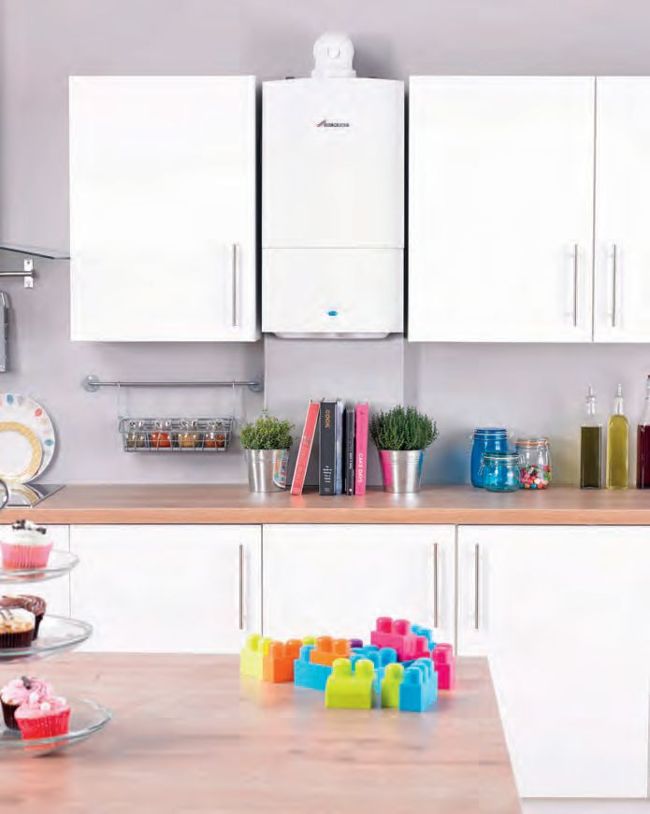Can gas central heating be eco-friendly?
With money-back incentives for renewable energy, Nigel Griffiths asks whether the humble gas boiler still has a place in modern homes
Nigel Griffiths

The Worcester Greenstar CDi compact combi boiler is available in a range of sizes to suit different households
Many people who come to see me at the Build It Live exhibitions are keen to learn the best way to heat the houses they’re about to construct. Quite understandably, they want to be ecofriendly and reduce their impact on the planet – but they’re faced with a raft of competing information from suppliers about very different systems. These include heat pumps, woodburners, biomass boilers and solar panels. Many self-builders are also concerned with cost, of course; though this isn’t always the top priority.
The conversation will normally start with people telling me they’re considering installing some sort of renewable technology – but they’re not sure which will suit them best and want impartial advice. My first move is to ask whether they have access to mains gas. If the answer is yes, then I’ll tell them to stick with a gas boiler.
At this point, eyebrows are often raised. So in this article, I’m going to explain why somebody who has built eco homes, writes books about sustainable houses, and has generally been there and got the T-shirt when it comes to eco construction, would recommend this route.
Heat demand
It’s possible to design and build new houses in such a way that they need little or no space heating. This is due to an improved understanding of heat flows through materials, better design details and more effective insulation.
As our demand for space heating falls ever lower, the environmental impact of providing that energy on a dayto- day basis becomes very low – even when added together over time. The influence of the heating system itself and its installation thus becomes relatively much higher in terms of sustainability over its life cycle.